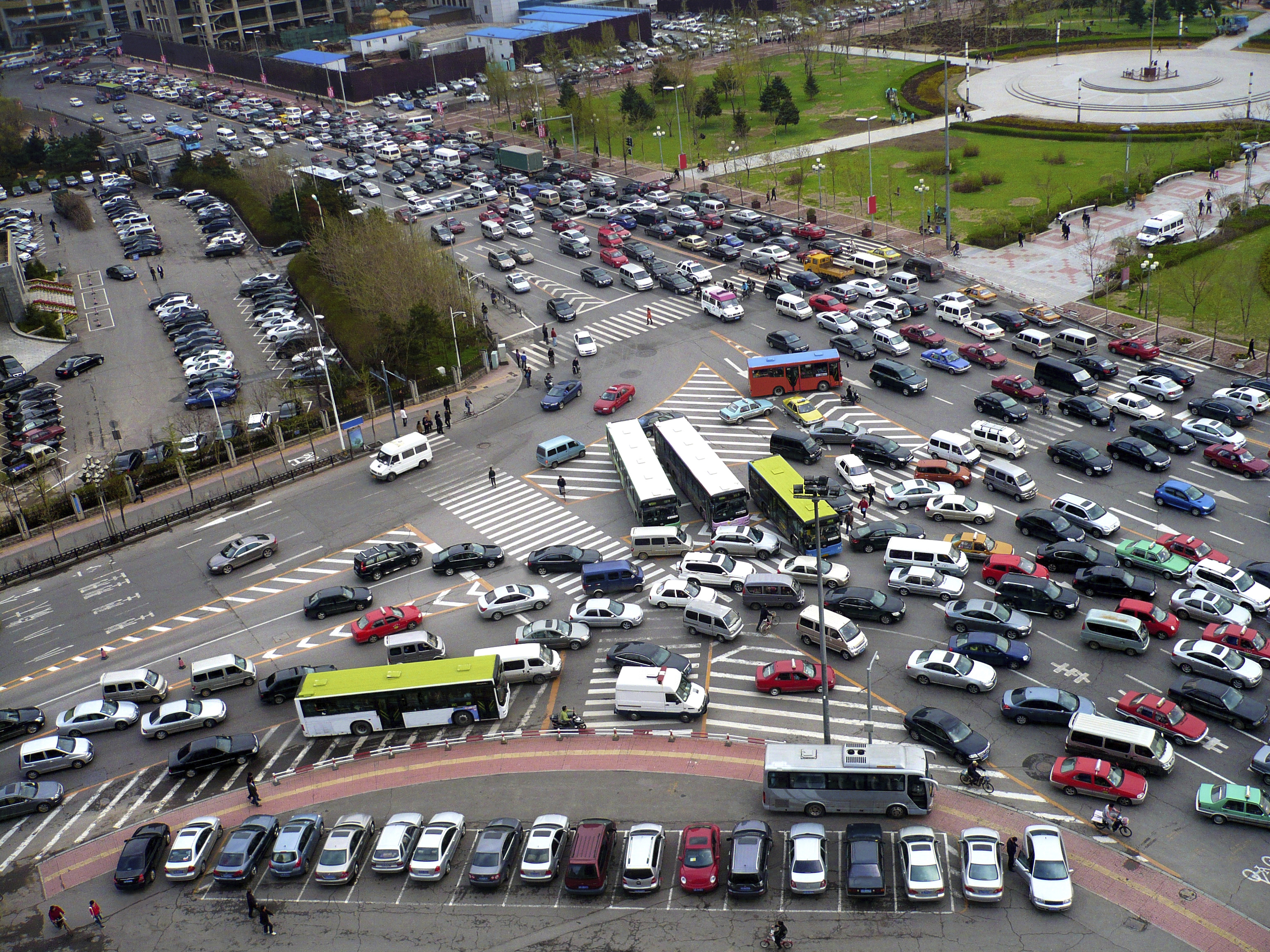
According to a recent study by the American Psychological Association, one in four Americans reports being highly stressed. The most-often cited sources of that stress are money — not enough — and work — too much. A full two-thirds of Americans are stressed about money and nearly as many, 65%, are stressed about work. In its 2015 study, the APA noted that family responsibilities rose to third place (57%), with personal health concerns (51%), family health problems (50%), and the economy (50%) rounding out the top five.
The younger you are, the more stress you feel. Millennials’ average stress level is 6 (on a 10-point scale) compared with 5.8 for GenXers, 4.3 for boomers, and 3.5 for matures. Urban dwellers feel more stress (5.6) than suburban adults (5.9) or rural dwellers (4.7).
Researchers at the National Association of Realtors’ realtor.com website compiled a list of 11 metrics that indicate stress levels and, using their list, ranked the 10 most stressed cities and the 10 most relaxed cities. Among the items on the list, housing affordability, commute times, and percentage of people who say their health is “fair” or “poor.”
The 10 most stressed cities and their median home prices are:
- Los Angeles, California: $673,000
- Riverside, California: $350,000
- Miami, Florida: $349,000
- Anchorage, Alaska: $315,000
- New York City, New York: $422,000
- Houston, Texas: $315,000
- New Orleans, Louisiana: $250,000
- Lafayette, Louisiana: $218,000
- Phoenix, Arizona: $300,000
- Sacramento, California: $427,000
The 10 most relaxed cities and their median home prices are:
- Fargo, North Dakota: $253,000
- Burlington, Vermont: $296,000
- Madison, Wisconsin: $275,000
- Bismarck, North Dakota: $275,000
- Sioux Falls, South Dakota: $220,000
- Portland, Maine: $329,000
- St. Cloud, Minnesota: $192,000
- Cedar Rapids, Iowa: $175,000
- Myrtle Beach, South Carolina: $191,000
- Duluth, Minnesota: $170,000
Sponsored: Find a Qualified Financial Advisor
Finding a qualified financial advisor doesn’t have to be hard. SmartAsset’s free tool matches you with up to 3 fiduciary financial advisors in your area in 5 minutes. Each advisor has been vetted by SmartAsset and is held to a fiduciary standard to act in your best interests. If you’re ready to be matched with local advisors that can help you achieve your financial goals, get started now.
Thank you for reading! Have some feedback for us?
Contact the 24/7 Wall St. editorial team.



